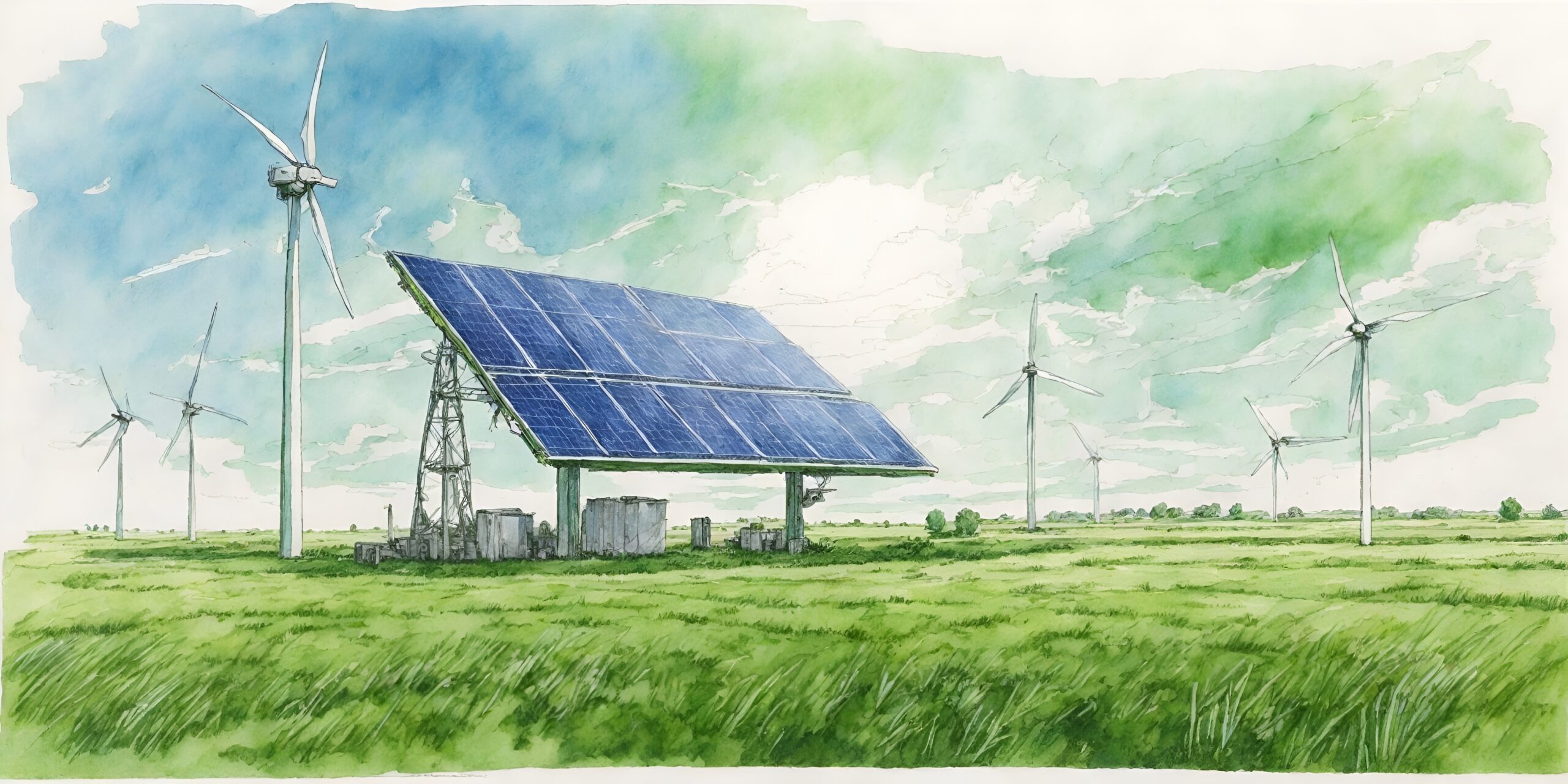Energizing Agriculture with Renewable Energy for Farmers
In our pursuit of achieving the Sustainable Development Goals (SDGs); we are faced with the challenge of eliminating hunger. This goal is closely intertwined with another SDG; ensuring access to energy. Nowhere is this connection vital than in developing countries, where the future of agriculture relies heavily on implementing decentralized energy solutions. Small scale farmers, who play a role in food production face obstacles that demand a transformative approach to accessing energy.
Understanding the Challenge
Small scale farmers often operating with resources are contributors to global food security. Their productivity is hindered by access to energy sources. Outdated and inefficient energy systems result in inefficiencies. Impede their capacity to meet the growing demands of an expanding population.
Many of these farmers reside in underserved areas away, from centralized energy grids. This geographical isolation exacerbates their energy challenges making it crucial to explore sustainable solutions.
Encouraging Solar Energy Initiatives
Promoting the adoption of power has the potential to revolutionize small scale farming practices. Solar panels are sustainable source of energy which helps reduce dependence, on power grids.
Developing Microgrids
Implementing microgrid systems in areas ensures an energy supply. These decentralized networks serve as a lifeline for communities that often face challenges in accessing energy resources.
Investing in Energy Efficient Tools
Introducing energy machinery and equipment can significantly decrease power consumption while increasing productivity. This creates a cycle of sustainability benefiting both the environment and farmers economic outcomes.
Building Capacity and Providing Training
Offering training on renewable energy technologies empowers farmers with the knowledge and skills required to utilize these resources. This knowledge transfer enables them to make decisions, about energy usage leading to independence.
Government Policies and Incentives
Governments play a role by implementing policies that encourage the adoption of renewable energy solutions. Subsidies, tax benefits and supportive regulatory frameworks can drive adoption creating an environment to sustainable agricultural practices.
Partnerships, between governments, private sector entities offer an approach that can bring about scalable solutions. By working we can accelerate the implementation of energy infrastructure reaching more communities in need.
In our pursuit to eradicate hunger it is crucial to recognize the interconnectedness of energy access and agriculture in the Globe. It is not merely a goal but an urgent necessity. Embracing decentralized energy solutions will not uplift smallholder farmers but also drive sustainable economic development in these regions. With efforts we can pave a path, towards a future where hunger becomes a thing of the past powered by the potential of renewable energy.




